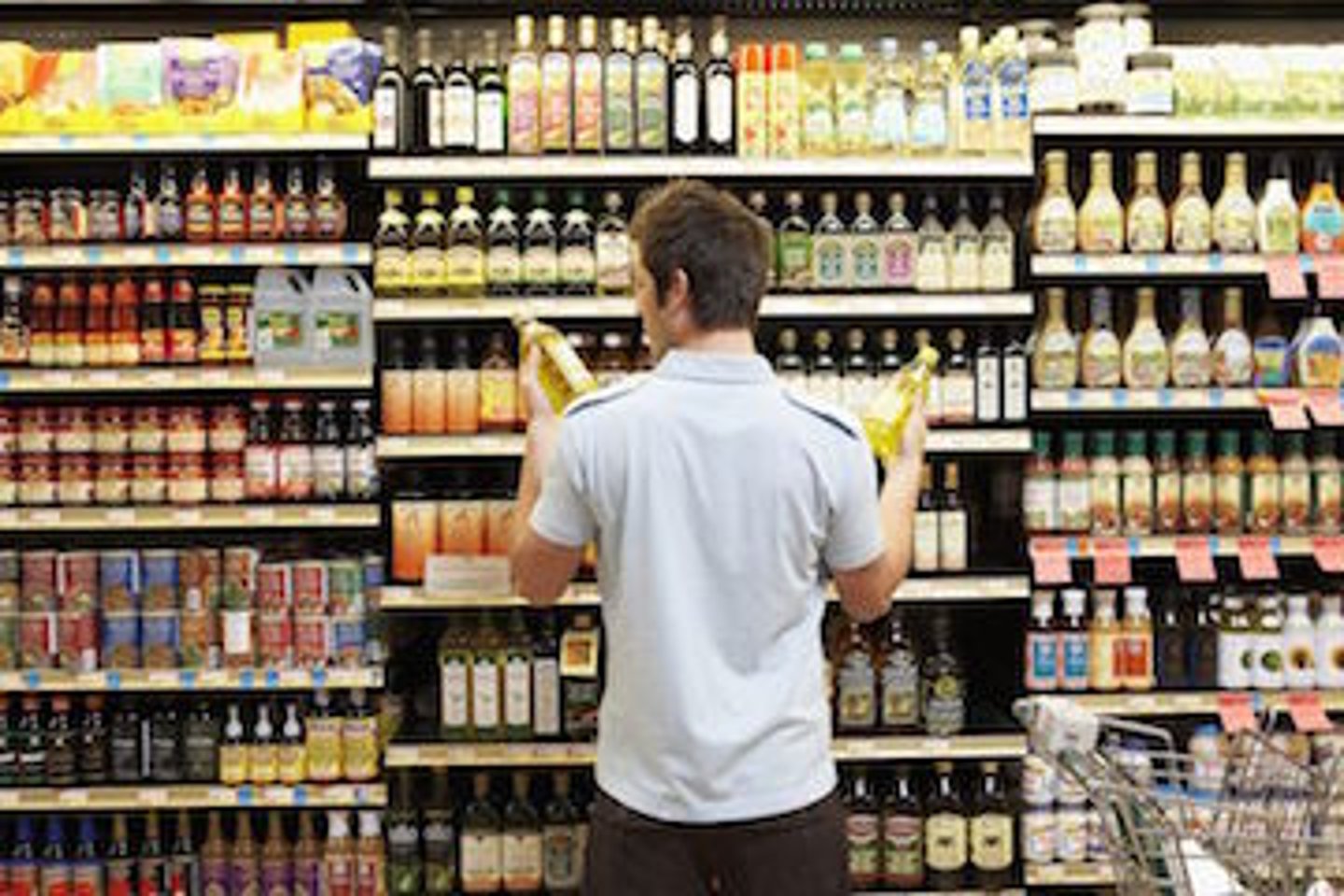How CCL Industries quietly became the world’s largest label maker
If asked to name a booming industry, label making might not be the first that comes to mind. Yet CCL Industries Inc., a Toronto-area manufacturer that bills itself as “the largest label company in the world,” has been quietly growing for years—at an incredible rate.
Comprising three segments (CCL Label, CCL Container and its new consumer office products arm, Avery), CCL initially manufactured labels and packaging for products in the home and personal-care industry, but it has grown into a major supplier for the pharmaceutical, medical and chemical sectors.
That’s hardly the only change, explains CEO Geoffrey Martin. “We’ve gone from being a small-cap stock in Canada to a decent-sized one. We’ve grown from a billion and change in revenue to $4 billion and change in revenue. We’ve gone from being a North American company to a global one,” he says.
It’s hard to overstate CCL’s growth: In the first quarter of 2016 alone, revenue grew by 22.9% year-over-year to reach $866.8 million, while net income jumped 31%. Over the past five of years, CCL’s share price has shot up nearly 600%. The company excels at consolidation and plans to continue expanding its already sprawling network. What’s more, it isn’t satisfied to dominate the label and container market alone.
When it comes to CCL’s success, Stephen MacLeod, an analyst with BMO Capital Markets, points to a series of factors. “You have to take into account the company’s competitive position in the global label-making market, and its strong customer relations, diverse user market,” he says.
CCL’s operations span six continents and include 119 facilities, in large part the result of a series of smart acquisitions. The company’s strategy is to make small, tuck-in purchases that provide “exposure to a unique technology or a unique customer set,” notes MacLeod. But CCL has also picked up companies that operate somewhat outside its traditional line of business.
Take its purchase of Checkpoint Systems Inc. earlier this year. While the U.S. company creates labels, it also manufactures RFID tags and anti-theft devices for retailers around the world. The acquisition broadens CCL’s international reach in the labelling and packaging industries, and adds new revenue stemming from packaged goods.
It’s worth noting the benefits the company has reaped from the weak loonie. CCL reports in Canadian dollars, but most of its sales are made in countries that have stronger currencies, creating a tailwind.
READ: Canada’s nutrition labels are hard to swallow
Those “tailwinds might turn into headwinds” if the loonie strengthens, according to a report by Neil Linsdell, an analyst with Industrial Alliance Securities. He reports that CCL’s revenue growth in the most recent first quarter (22.9%) would have been 16.3% if the loonie hadn’t weakened in 2015.
But MacLeod says stocks are rarely traded based on currency valuations over time. “You have to consider , absolutely,” he says. “But in the long term, there’s usually a reversion to the mean when it comes to the Canadian dollar.”
Martin doesn’t seem too concerned either. “We’ve always weathered these things without too much pain,” he says. The company’s success seems to depend on the slow accumulation of acquisitions that has made it the industry giant it is today.
“We’ve been a very good acquirer,” says Martin. “We’ve bought well, and we’ve always bought with the idea that we’re building a jigsaw puzzle: It’s one piece at a time.”
This article first appeared on CanadianBusiness.com

